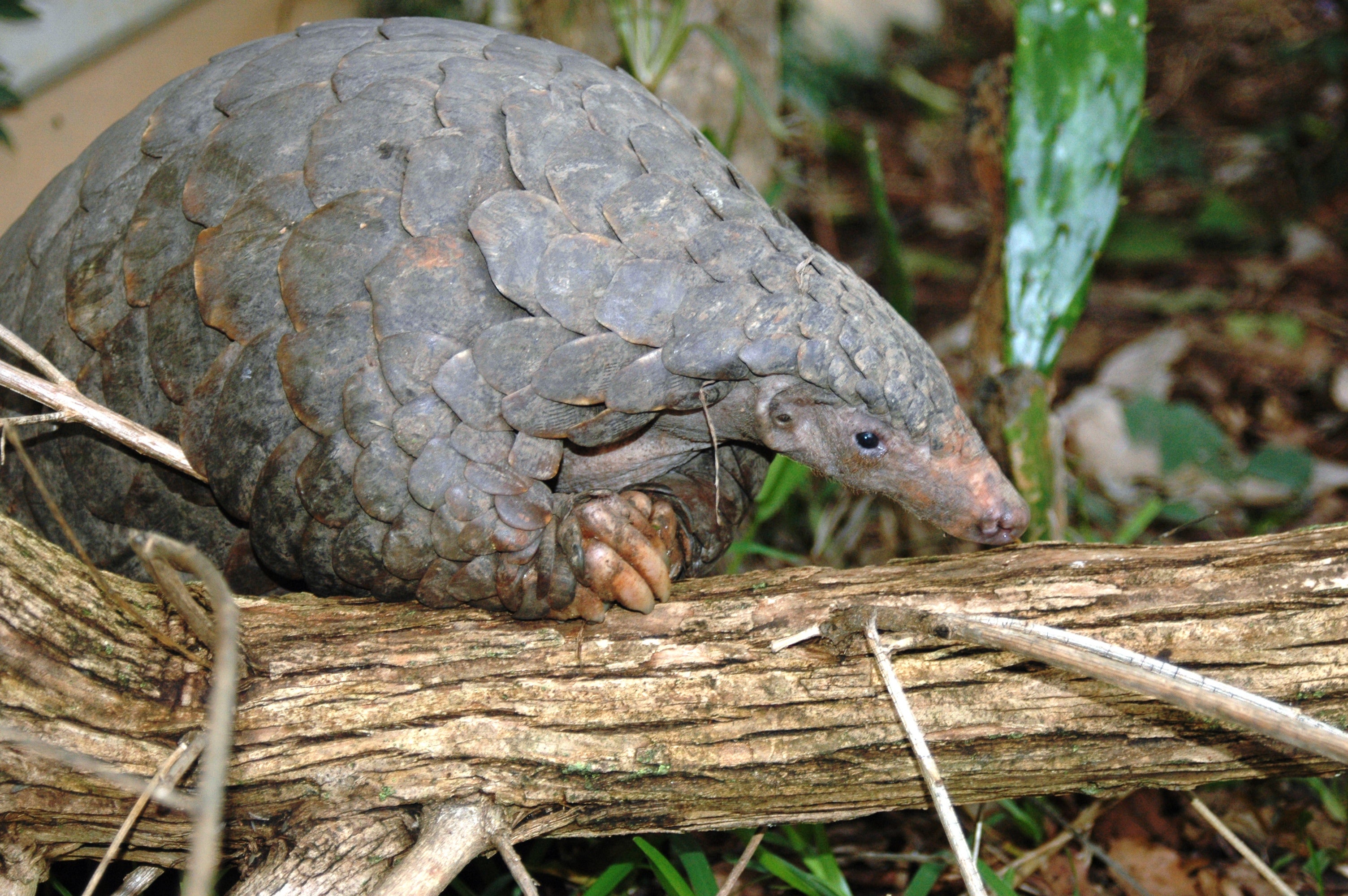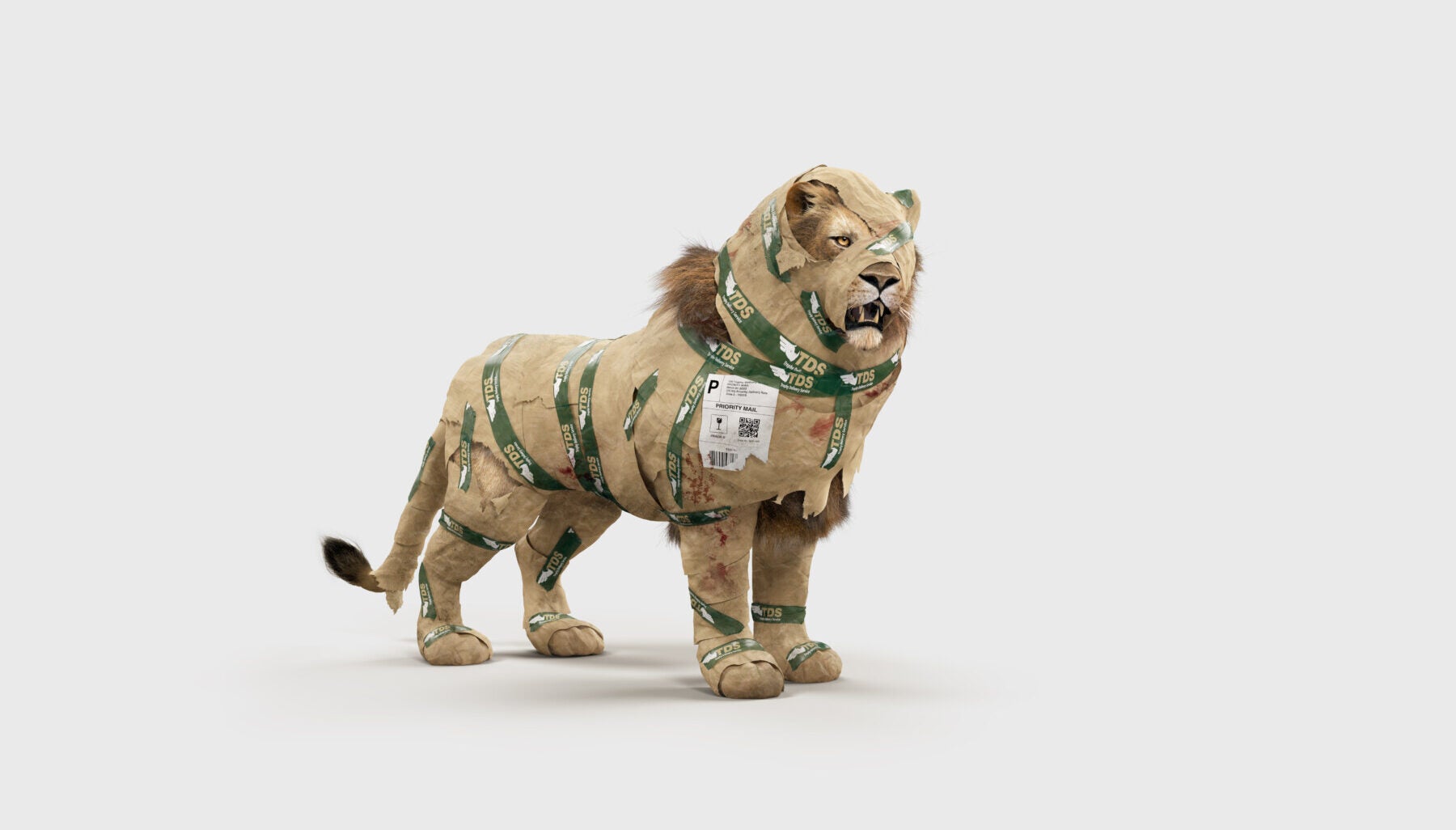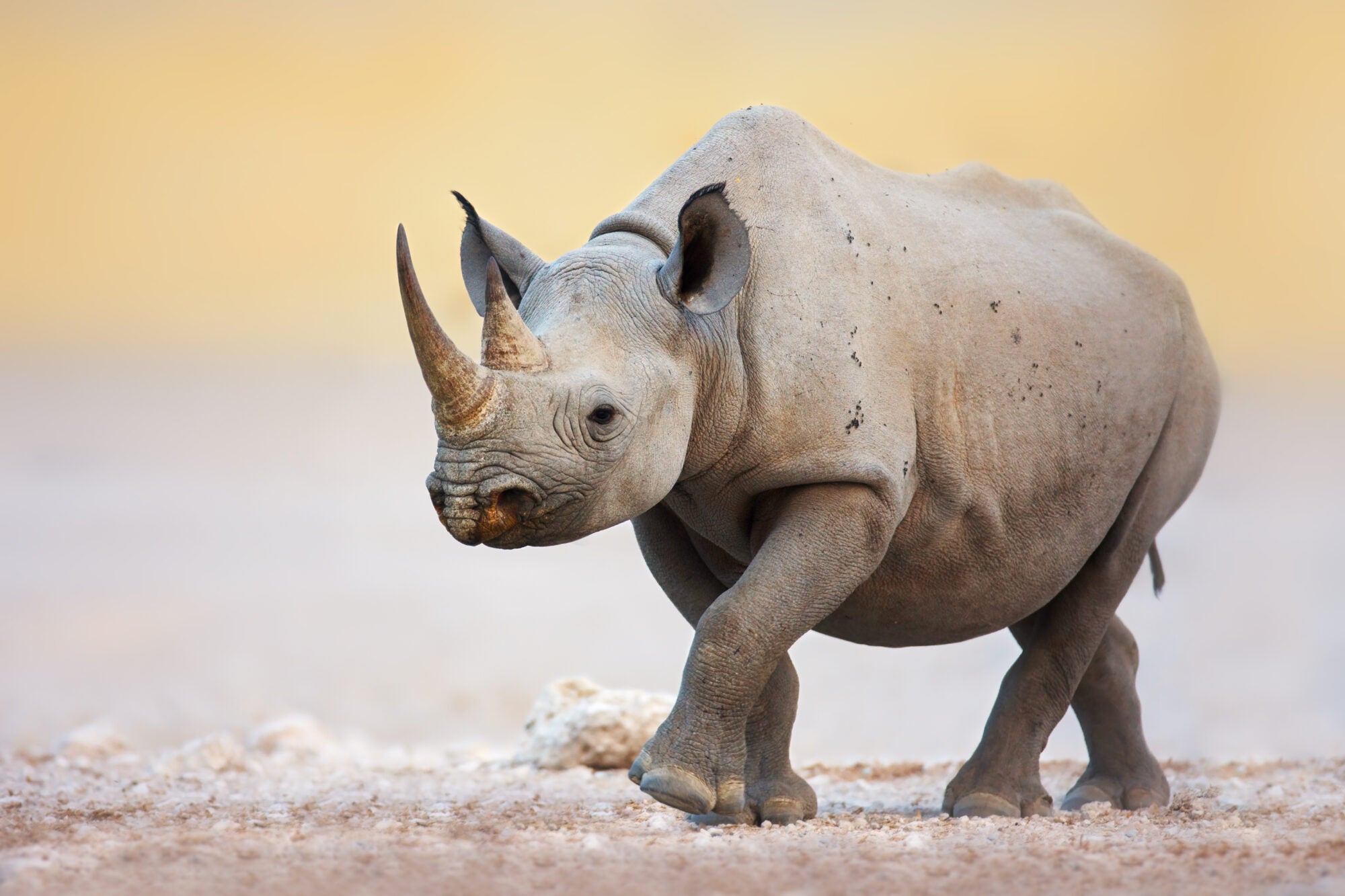
BRUSSELS/Munich—The European Union continues to be a main hub and destination for stolen wildlife from Latin America, Africa, the Middle East, Asia and Oceania. A new report released today by Pro Wildlife, Humane Society International and International Fund for Animal Welfare (IFAW), Stolen Wildlife: The EU—a destination for wildlife traffickers, exposes European complicity in this illegal trade. EU citizens are not only involved in the smuggling of nationally protected wildlife, but helping to perpetuate the market for these animals.
While the European Union is one of the biggest importers of animals destined for the exotic pet trade, only a very small fraction of the species in this trade are actually covered by international and/or EU legislation. However, many species in trade, which are protected in non-EU countries under domestic legislation, have nonetheless been caught in the wild and exported in violation of the country of origin’s national law. This is the case with the Philippine sailfin lizard and the glass frog species from Latin America, popular targets in the exotic trade at present.
Dr. Sandra Altherr, Head of Science at Pro Wildlife, says: “In their quest to own unique wild animals, wealthy exotic pet keepers in Europe are driving the global trafficking of rare species. Wildlife smugglers are openly selling illegally acquired animals at European trade shows in the full knowledge that they can get away with it because of the loopholes in the EU legislation. With each rare lizard fetching up to thousands of Euros, big money can be made with virtually no legal risks.”
Ilaria Silvestre, Head of EU Policy & Campaigns at IFAW says: “The Internet is a major channel for directly connecting traders and clients from all over the world. It is the ideal platform for criminal animal traders. The online trafficking of protected species, which is partly fuelled by the promotion of exotic pet ownership and interactions on social media, poses a huge challenge for enforcement authorities. Illegal wildlife trade, both online and in physical markets, is increasingly targeting rare wild species that are not protected by the EU legislation, and this is a contributor to the catastrophic biodiversity loss seen globally.”
Dr. Joanna Swabe, senior director of public affairs for Humane Society International/Europe says: “It is time for the EU to act. Its recent Biodiversity Strategy to 2030 shared many good words about halting global biodiversity loss. Now it must turn those words into concrete deeds. The European Commission will soon deliver its revised Action Plan Against Wildlife Trafficking. This is a golden opportunity to tackle this form of illegal wildlife trade and to develop supplementary legislation to criminalise the trade in wildlife taken for the pet trade in violation of other country’s laws.”
Stolen Wildlife: The EU—a destination for wildlife traffickers provides detailed case studies from Cuba, Brazil, Morocco, South Africa and the Philippines, it also provides an overview of attempts made by range states to protect their unique biodiversity, for example, by tabling several proposals for the upcoming CITES Conference of Parties meeting in Panama to restrict the international trade in their endemic species.
The three animal and wildlife protection organisations are calling for EU action to introduce a law to prohibit the import, sale, purchase and possession of wildlife that has been illegally sourced in its country of origin. This demand has also been repeatedly backed by the European Parliament over the past few years, in several adopted resolutions that urge the European Commission to deliver such legislation.
ENDS
Media contacts:
- Dr. Sandra Altherr, Pro Wildlife: Sandra.altherr@prowildlife.de;+49 174 217 5054,
- Yavor Gechev, Humane Society International/Europe: ygechev@hsi.org; +359889468098,
- Benjamin Wiacek, IFAW: bwiacek@ifaw.org; +32 2 237 60 55 or +32 472 17 15 81,



